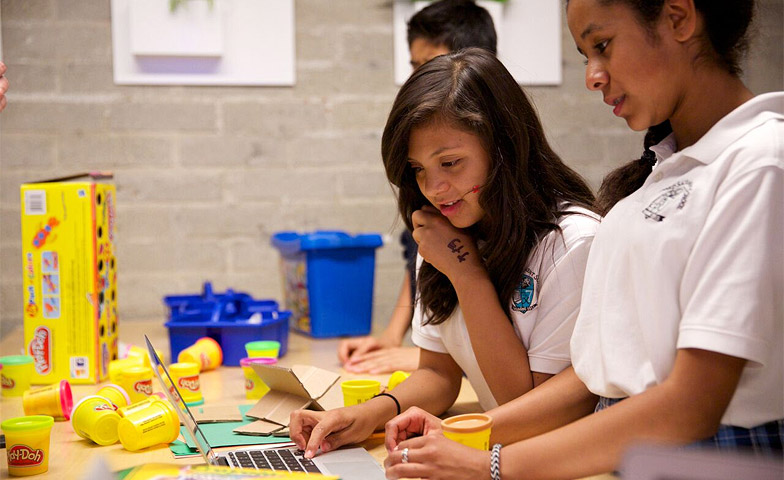
Future teachers encourage integrating LGBT texts. Early adolescence has been identified as a time of great change and transition. Visible physical changes occur at disparate rates and cause many young adolescents to feel uncomfortable about their differences. Young adolescents are also exploring self and social boundaries. For gay and lesbian youth, suicide is one of





0